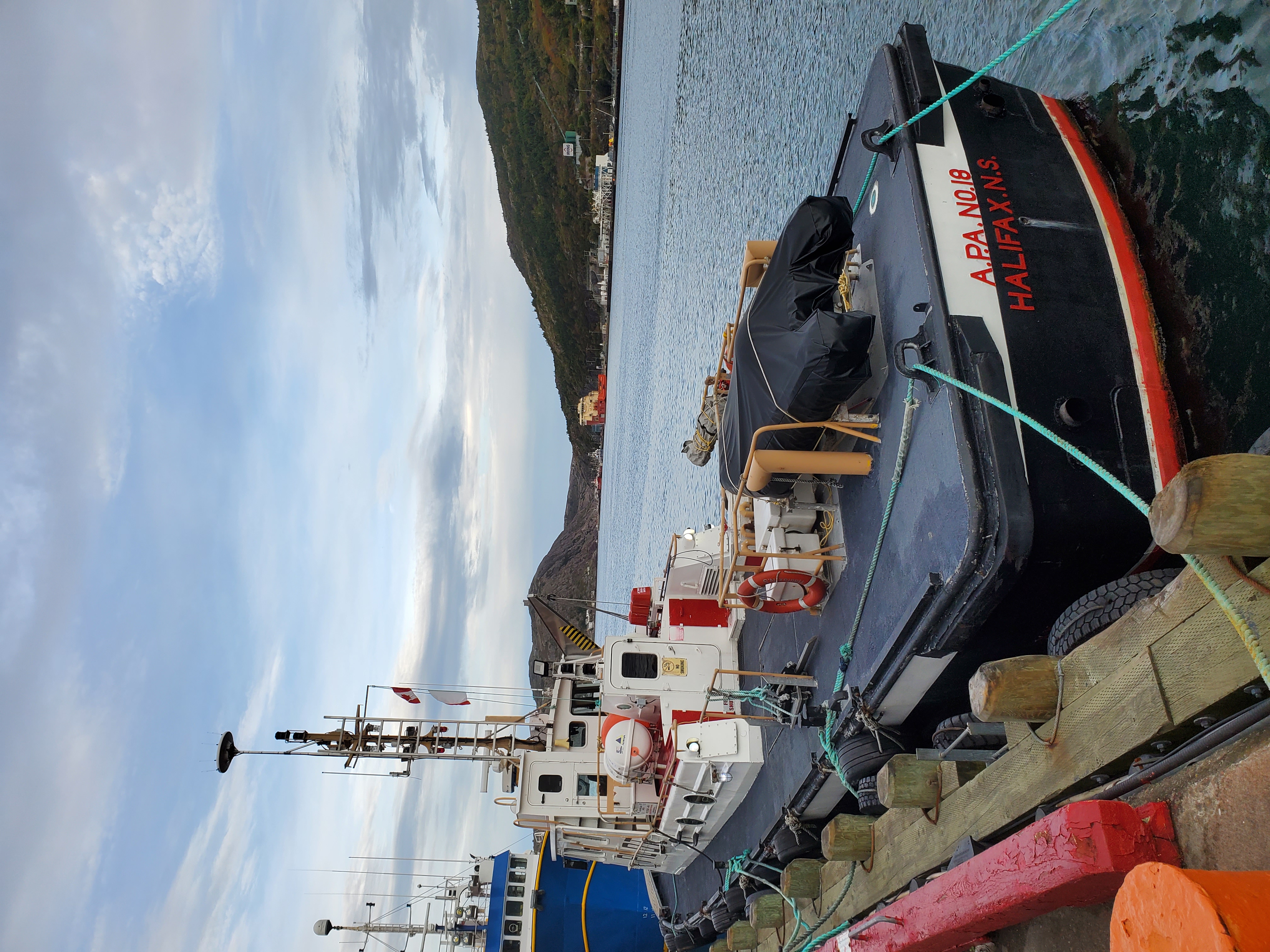Marine transportation safety investigation M22A0332
The TSB has completed this investigation. The report was published on 26 April 2024.
Table of contents
Person overboard
Pilot boat A.P.A. No. 18
Atlantic Ocean, 2 nautical miles east of St. John’s, Newfoundland and Labrador
The occurrence
At approximately 2357 Newfoundland Daylight Time on 26 September 2022, shortly after completing a pilot transfer operation to an inbound vessel, the deckhand on the pilot boat A.P.A. No. 18 fell overboard approximately 2 nautical miles east-southeast of the entrance to St. John’s Harbour, Newfoundland and Labrador. Both the master of the pilot boat and crew members on board the inbound vessel attempted to recover the deckhand; the deckhand was recovered by the inbound vessel after being in the water for approximately 20 minutes. The inbound vessel returned to port where the deckhand was pronounced dead.
Media materials
News releases
Vessel design and level of emergency preparedness contributed to loss of life near St. John’s Harbour
Read the news release
Investigation information
Map showing the location of the occurrence
Investigator-in-charge

Karie Allen joined the Transportation Safety Board of Canada (TSB) in March 2021, as a Senior Marine Investigator in the Atlantic Region. Karie began her sea-going career as a navigation cadet at the Canadian Coast Guard College. In her 26 years of experience, Karie worked for the Canadian Coast Guard in various sea- going and shore-based positions, operating on Canada’s Atlantic coast and throughout the Arctic, including as commanding officer and as compliance officer. She holds a Bachelor of Technology- Nautical Science from the Canadian Coast Guard College and holds a Master Mariner certificate.
Photos
Class of investigation
This is a class 3 investigation. These investigations analyze a small number of safety issues, and may result in recommendations. Class 3 investigations are generally completed within 450 days. For more information, see the Policy on Occurrence Classification.
TSB investigation process
There are 3 phases to a TSB investigation
- Field phase: a team of investigators examines the occurrence site and wreckage, interviews witnesses and collects pertinent information.
- Examination and analysis phase: the TSB reviews pertinent records, tests components of the wreckage in the lab, determines the sequence of events and identifies safety deficiencies. When safety deficiencies are suspected or confirmed, the TSB advises the appropriate authority without waiting until publication of the final report.
- Report phase: a confidential draft report is approved by the Board and sent to persons and corporations who are directly concerned by the report. They then have the opportunity to dispute or correct information they believe to be incorrect. The Board considers all representations before approving the final report, which is subsequently released to the public.
For more information, see our Investigation process page.
The TSB is an independent agency that investigates air, marine, pipeline, and rail transportation occurrences. Its sole aim is the advancement of transportation safety. It is not the function of the Board to assign fault or determine civil or criminal liability.

